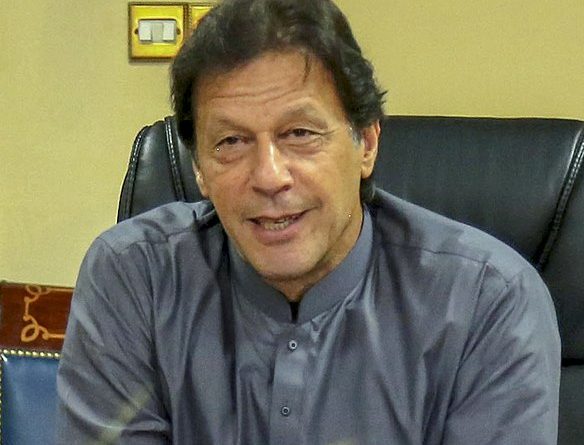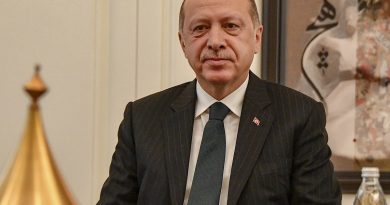New Prime Minister Appointed in Pakistan After No-Confidence Vote
Cat Anderson
Staff Writer
In the midst of intense political turmoil, Pakistan’s parliament elected its new Prime Minister, Shehbaz Sharif on April 11, reports The New York Times. The new Prime Minister was voted in after the previous Prime Minister, Imran Khan, was ousted in a contentious no-confidence vote on April 10.
In an attempt to prevent the vote of no-confidence, President Arif Alvi dissolved parliament upon former Prime Minister Imran Khan’s request, writes Al Jazeera. CNN reports the move was ruled unconstitutional by the Pakistani Supreme Court, and Parliament was subsequently reinstated, allowing the vote of no confidence to move forward. The dissolution of Parliament was not Khan’s first attempt to prevent the vote from occurring.
BBC News reports that Khan and his allies call opposition traitors, and have accused the United States of orchestrating a regime change. These claims were not supported with compelling evidence and have been denied by the U.S. State Department. Khan has long been a critic of the U.S., with NPR reporting his support of the recent Taliban takeover of Afghanistan, and BBC News noting his criticism of the U.S. “War on Terror.” Khan maintained his claims not just in the days leading up to the vote, but also during and after, cites Reuters.
While no Pakistani Prime Minister has served a full term since the enactment of the current constitution in 1973, Khan is the first Prime Minister to lose his position as a result of a no-confidence vote, according to BBC News. His successor, opposition leader Shehbaz Sharif, is considered popular, but there are questions surrounding his reputation. As The New York Times writes, his family’s reputation is clouded by accusations of graft and corruption.
Additionally, his older brother, Nawaz Sharif, previously served as Prime Minister for three terms. His second term came to an early end due to a military coup in 1999. Shehbaz Sharif, however, has a much better relationship with the military than his older brother, who was known to “feud” with this branch of the government. Maintaining the military’s support will be essential to staying in power for Sharif, as it is one of the most powerful institutions in the nation.
Sharif’s personal reputation, however, is not without blemish. According to The New York Times, in 2003, Sharif was accused of ordering the “extrajudicial killings of several people in 1998.” He was acquitted of these charges in 2008, but again fell under negative attention due to controversy in 2018 and in 2020, when he was arrested by anti-corruption police.
Sharif faces further challenges, as the previous administration has created a precarious situation for the future of U.S.-Pakistan relations by continuing to promote its anti-U.S. conspiracies.
As The New York Times writes, both Sharif and influential Pakistani military leaders have expressed an interest in improving the country’s relationship with the U.S. If this is to be achieved, the administration must be extremely careful to do so in a manner that does not expound upon the accusations purported by Khan and his allies. While the election of Sharif may be a promising sign for U.S.-Pakistani relations, the road to greater cooperation will be long and difficult for his government.



